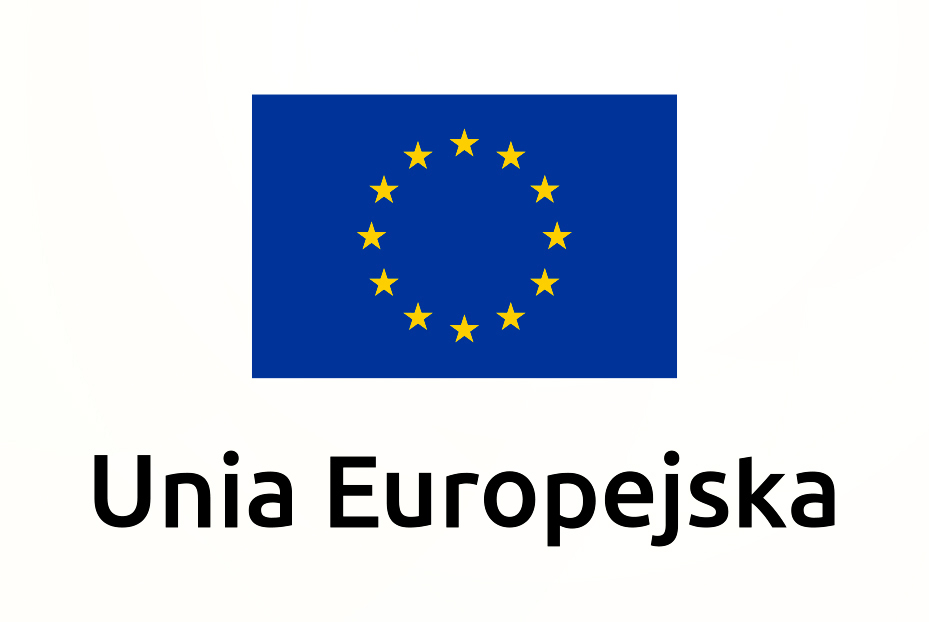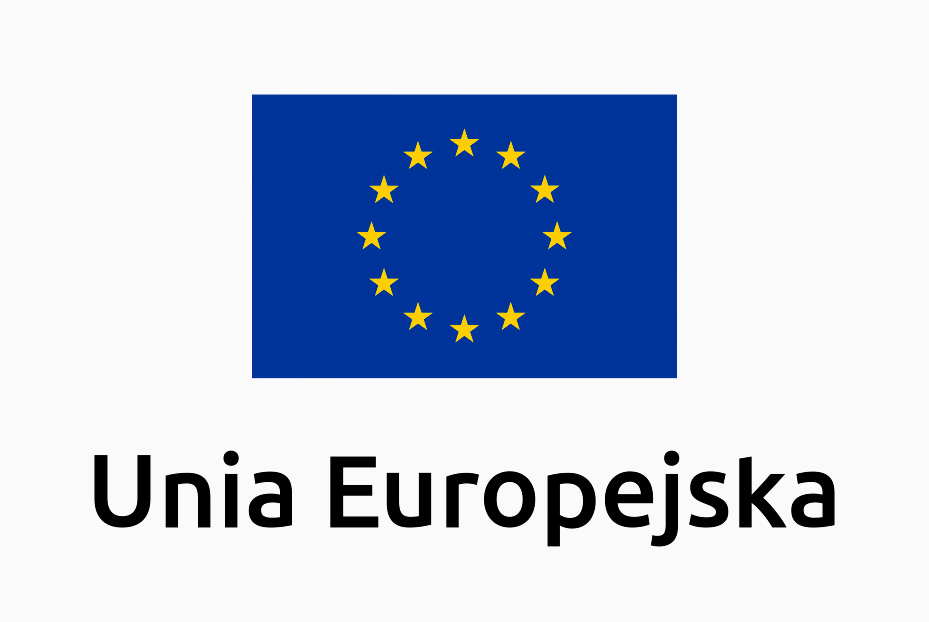We regret to inform you that due to reasons beyond our control, the project implementation date of Krzysztof Wodiczko "Przybysze" has changed. We will keep you updated.
organisers: Municipal Gallery Arsenał & Estrada Poznańska
Przybysze / Incomers is a public experiment testing the grounds for Loro (Them), a project originally commissioned by and developed with More Art (moreart.org) in collaboration with the Adam Mickiewicz Institute, which will be presented in Milan on June 6-8, 2019.


